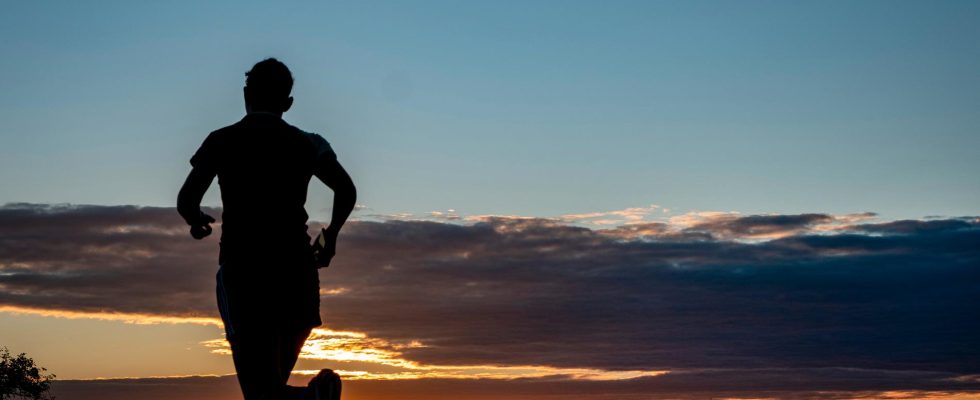unsaveSave
expand-left
full screenExercise at least twice a week – and sleep better as a result. Archive image. Photo: Michael Probst/AP/TT
Physical activity a couple of times a week can cure sleep problems, according to a new study. But as always with exercise, it is a fresh commodity.
Physical activity has a whole range of positive effects on health. Now researchers at, among others, Uppsala University have seen that training two to three times a week can be linked to fewer sleep problems.
– This applies both to difficulty falling asleep and to problems such as waking up during the night, says Christer Janson, doctor and professor at Uppsala University and one of the researchers behind the study.
The researchers have compiled data from almost 4,400 people in Sweden and eight other countries in Europe. All have answered questionnaires about how much they exercise and how they sleep on two occasions ten years apart. The participants were between 39 and 67 years old.
Six to nine hours
According to the results, published in the journal BMJ Open, those who were regularly physically active were 55 percent more likely to sleep “normally” than those who were not physically active.
Normal sleep was classified in the study as sleeping between six and nine hours per night. The differences remained even when the researchers took into account factors such as age, smoking and BMI, which can also affect sleep quality.
The people who had begun to be regularly physically active during the ten-year period were 21 percent more likely to have a good night’s sleep. Among those who had stopped being physically active, however, sleep quality worsened, which the researchers believe points to the importance of not stopping exercise.
The researchers were also able to establish that participants in Norway were the ones who kept up with the training to the greatest extent, while Spaniards and Estonians ended up at the bottom.
Not fitter
In contrast, those who exercised and slept well did not report feeling more alert than average.
– It was a bit surprising, but it may have to do with how the questions were asked, says Christer Janson.
Christer Janson is a specialist in allergy and asthma, conditions that in themselves can cause sleep problems. He meets many patients who wonder what to do with outdoor exercise now that the pollen season is coming.
– If you have a good treatment with allergy and asthma medicines, for the vast majority there is no problem in continuing to train, he says.
